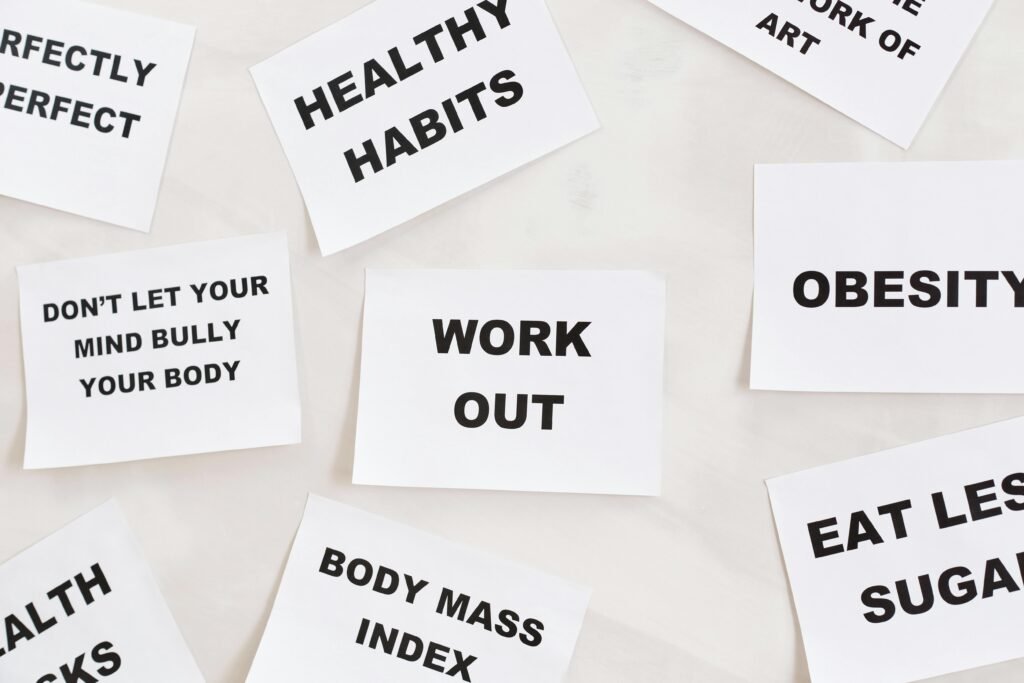Healthy Bones Healthy Life
Introduction
Health and quality of life, maintaining strong and healthy bones is essential. Our bones give us stability, shield important organs, and permit unrestricted movement. Maintaining good bone health as we age is crucial to avoiding diseases like osteoporosis and fractures. Thankfully, there are a number of practical methods you may adopt into your daily routine to support robust and healthy bones. This post will discuss five strategies to strengthen your bones and enhance the health.
5 ways to strengthen your Bones
Adequate Calcium Intake
Calcium is the primary building block of bones, so ensuring an adequate intake is essential for bone strength. Add calcium-rich foods in your diet, such as dairy products, leafy greens. Aim for the recommended daily intake of 1,000 to 1,200 milligrams for adults. If your diet falls short, consider a calcium supplement after consulting with your healthcare provider. By adding Calcium in your daily life you can strengthen your bones easily.

Vitamin D for Calcium Absorption

Vitamin D plays a crucial role in calcium absorption, making it a vital nutrient for bone health. Spend some time outdoors to allow your body to naturally produce vitamin D through sunlight exposure. Additionally, include vitamin D-rich foods in your diet, such as fatty fish (salmon, mackerel), egg yolks, and fortified dairy products. If necessary, your doctor may recommend a vitamin D supplement to ensure optimal levels. If you want to strengthen your bones you need to add Vitamin D based products in your daily diate.
Beyond its advantages for the skeleton, vitamin D is essential for immune system performance, lowering inflammation and assisting in the body’s defense against infections. Recent studies also point to a possible prevention role for it against chronic illnesses like heart problems and some types of cancer. A strong immune system and general well-being depend on making sure you have enough vitamin D
REQUENT Weight -bearing Exercise:
You can strengthen your bones by doing weight-bearing workouts. Your bones are stressed out by exercises like weightlifting, jogging, dancing, and walking, which makes them stronger. Try to engage in weight-bearing exercise for at least half an hour most days of the week. Consult a healthcare provider if you have any health issues to find the best workout program for you.
Regular weightlifting is necessary to keep your bones strong and healthy. Walking, running, and weight training are examples of exercises that put stress on the bones and encourage the creation of osteoblasts, which are cells that make new bone. By increasing bone strength and density, this procedure lowers the risk of osteoporosis and fractures.Additionally, carrying weight encourages the deposition of minerals that are essential for bone mineralization, like phosphate and calcium. The overall integrity of the skeleton is strengthened as bones become more resilient in response to the applied stress. One proactive way to maintain bone health and prevent age-related degradation is to include frequent weight-bearing exercises.

Incorporating strength training exercises

Incorporating strength training exercises into your routine can significantly contribute to bone density improvement and strengthen your bones. Weightlifting, resistance band exercises, and bodyweight exercises like push-ups and squats help build muscle mass and enhance bone strength. Start with light weights and gradually increase the intensity as you progress.
Exercises including strength training are crucial for general health and wellbeing. It fosters numerous benefits that extend beyond only building muscle. Strength training improves metabolism by building muscular mass, which helps with weight management and fat loss. It improves the flexibility and stability of joints, lowering the chance of injury and encouraging improved posture.
Furthermore, strength training is essential for maintaining bone health and delaying the onset of osteoporosis. Beyond the physical, it has a favorable effect on mental health by lessening depressive and anxious feelings. Strength training is an essential component of a well-rounded fitness program that helps people achieve both a toned body and a robust, healthy lifestyle.
Avoid Bone Damaging Habits:
Certain habits can negatively impact bone health. To make your bones stronger, it’s important to avoid excessive alcohol consumption and smoking. Both alcohol and tobacco can interfere with calcium absorption and contribute to bone loss.
Additionally, limit your intake of sodas and caffeinated beverages, as they may affect calcium levels in the body. Instead, opt for healthier alternatives like water or herbal teas. This habit will also strengthen your bones.
Maintaining long-term skeletal health requires avoiding behaviors that deteriorate bone. Smoking and binge drinking reduce mineral density and prevent the production of new bones, which increases the risk of osteoporosis and fractures. Bone loss is a result of a sedentary lifestyle, which highlights the significance of regular weight-bearing activity. When bones don’t get enough calcium and vitamin D from their food
they become malnourished. Crash diets can hinder the growth of bones, particularly in teenagers. The absorption of calcium may also be hampered by excessive coffee consumption. Maintaining a physically active lifestyle, avoiding hazardous substances, and emphasizing a well-rounded diet are essential for protecting bones and promoting skeletal strength throughout life and will strengthen your bones.

